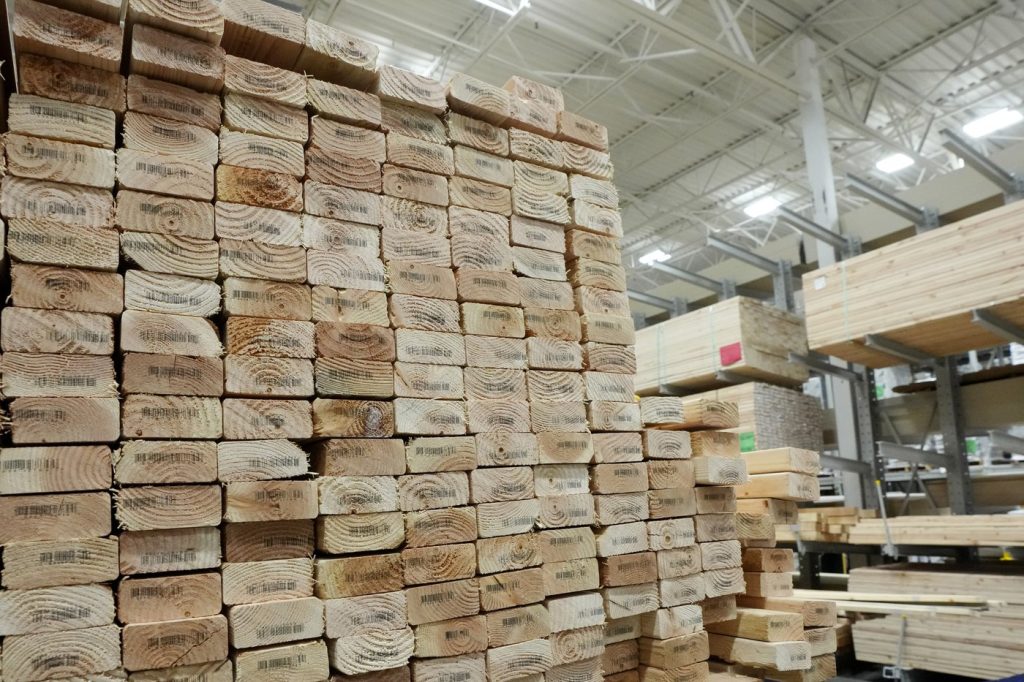The new tariffs announced by U.S. President Donald Trump have generated cautious responses from key trading partners, indicating an overall reluctance for an escalated trade conflict. Trump characterized the import taxes, which he refers to as "reciprocal tariffs" and vary between 10% and 49%, as a means to address what he claims has been long-standing unfair trade practices against the U.S.
European Commission President Ursula von der Leyen labeled the tariffs a “major blow to the world economy,” while a Japanese official expressed that the tariffs were “extremely regrettable.” The prime minister of South Korea also called for emergency measures to assist industries negatively impacted by these new tariffs. As a result, Asian markets responded negatively, with significant drops in trading observed on Thursday.
In response to the import taxes imposed by Trump—specifically a 36% tariff on goods from Thailand—the Thai prime minister has signaled readiness to negotiate a fairer trade balance with the U.S. Paetongtarn Shinawatra emphasized the commitment to sustainable economic growth and advised Thai exporters to diversify their markets to mitigate reliance on a single trading partner.
On the Indian front, analysts and exporters perceive the situation as a mixed opportunity in light of Trump’s reciprocal tariff of 26% imposed on India, which is comparatively lower than those on other countries, such as 34% for China and 46% for Vietnam. Experts believe this tariff regime might challenge Indian industries and jobs; however, it could also catalyze new business due to India's competitive position among its Asian peers.
Across South and Southeast Asia, countries like Vietnam, Sri Lanka, and Bangladesh are facing some of the highest tariff rates, with Vietnam subjected to a 46% tariff and Sri Lanka to 44%. These duties not only affect domestic exporters but also threaten companies from China, Japan, and South Korea, which had relocated production to Southeast Asian nations to circumvent past trade frictions during Trump’s first term.
Amid these developments, Stellantis, an automaker, announced it would shut down its assembly plant in Windsor, Canada, for two weeks starting on April 7, citing the uncertainty raised by Trump’s tariff announcement. The union president highlighted how this decision is creating ripple effects across the automotive industry in the U.S. and Mexico as well.
Von der Leyen reiterated her concerns about the deep implications of these tariffs, stating they will lead to higher costs for essential goods worldwide, affecting the most vulnerable populations. She affirmed that despite the existing deficiencies in the global trading system, the EU is prepared to engage in negotiations with the U.S.
In Japan, Chief Cabinet Secretary Yoshimasa Hayashi expressed disappointment over Japan being subject to a 24% additional tariff. He noted ongoing negotiations seeking an exemption and mentioned potential repercussions for Japan-U.S. economic relations. Although he refrained from discussing retaliatory actions or World Trade Organization complaints, the Japanese government remains concerned about the broader impacts.
The announcement of these tariffs led to notable declines in Asian stock markets, including a 3.4% drop in Tokyo's Nikkei 225 index and a 1.8% decrease in South Korea's Kospi. In contrast, U.S. stocks experienced volatility before the tariffs were disclosed, with gains seen in the S&P 500, Dow, and Nasdaq indices, largely driven by the performance of companies like Tesla.
In a separate but related vein, House Majority Whip Tom Emmer praised Trump's actions, including the tariff imposition, during a telephone town hall in Minnesota. Emmer urged his constituents to support Trump's initiatives as efforts to bolster American workers and companies, acknowledging potential challenges ahead but projecting a favorable outcome in the long run.
Lastly, the acting leader of South Korea, Prime Minister Han Duck-soo, initiated an emergency meeting to discuss strategies for bolstering the auto industry and other sectors potentially affected by the new tariffs. He vowed to undertake immediate government actions aimed at minimizing the economic fallout.










